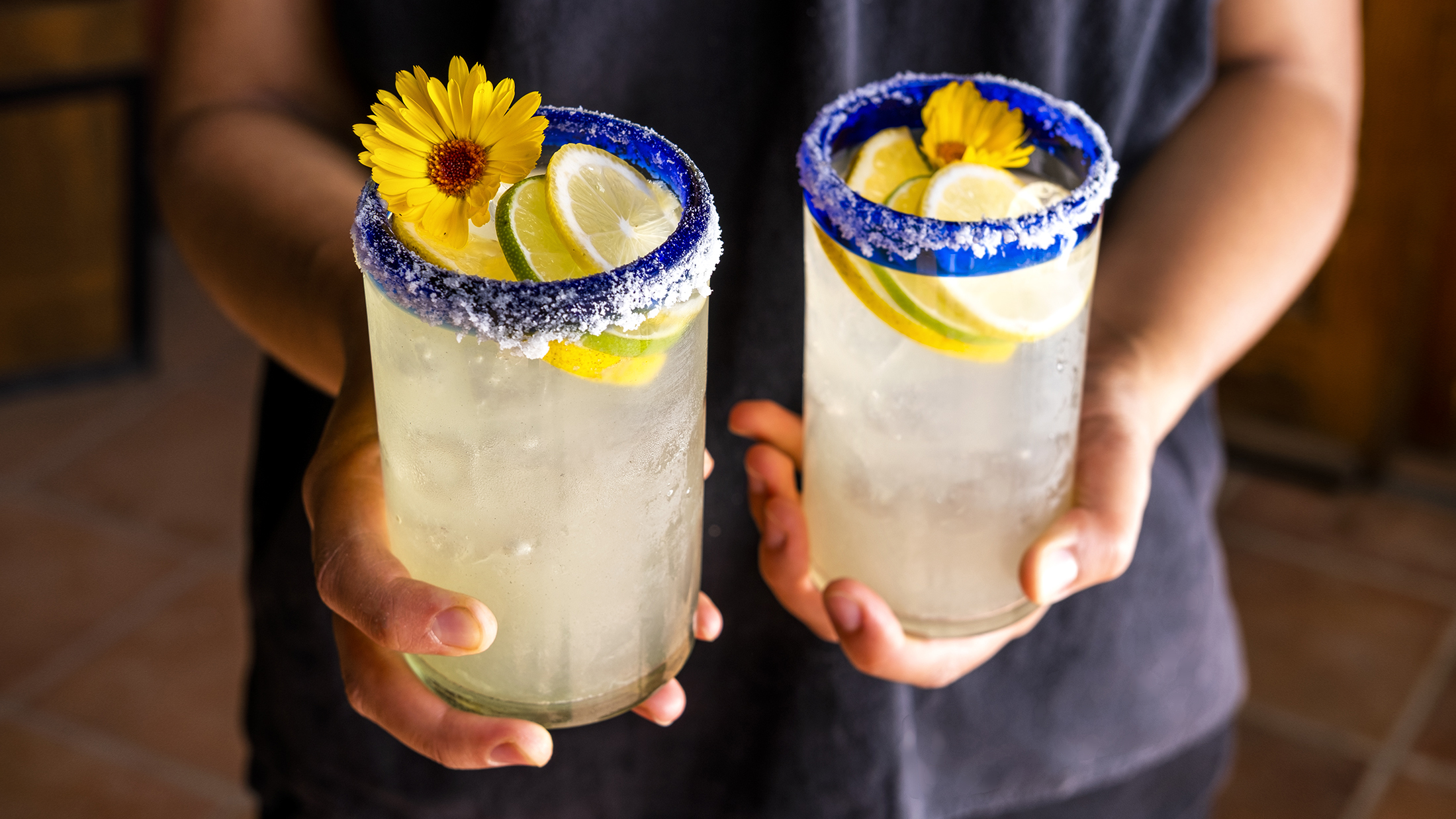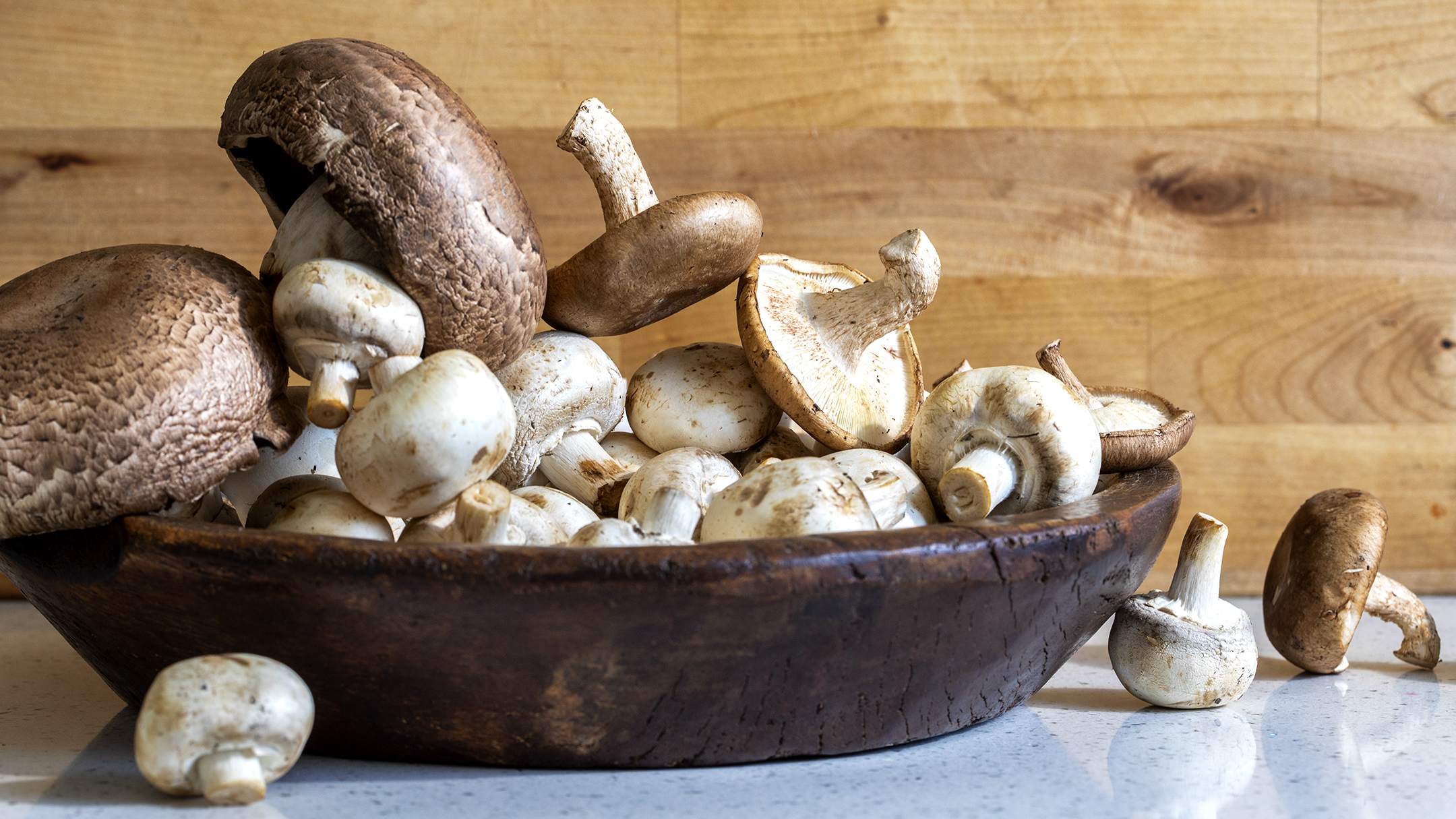Cheers to Health: The Rise of Mocktails and Reducing Alcohol Risks

As social beings, we love gathering around food and family. These gatherings often include alcoholic beverages in addition to healthy and not-so-healthy food choices. While moderate drinking might have some potential health benefits, it’s essential to understand the adverse effects alcohol can have on our health.
One of the most critical health effects of alcohol consumption is its impact on heart health. While some studies suggest that moderate alcohol intake, particularly red wine, may have cardiovascular benefits, excessive and long-term consumption can lead to high blood pressure, irregular heartbeats, and an increased risk of heart disease. Alcohol doesn’t directly affect blood sugar, but it can cause an increase in triglycerides and LDL cholesterol.
Research has shown a significant association between alcohol consumption and atrial fibrillation (AF), an irregular heartbeat that can lead to serious complications. Even moderate alcohol consumption can impact individuals with AF. The study found that a 1 drink/day increase in alcohol consumption could raise the risk of AF by 6%.
Many people are not aware that alcohol consumption can increase the risk of developing certain types of cancer. Excessive alcohol consumption is a well-established risk factor for developing cancers of the mouth, throat, liver, breast, and colon. New research suggests even a small amount of alcohol may influence cancer growth.
Many studies have shown a positive association between alcohol consumption and the risk of developing breast cancer. One out of eight women are diagnosed with breast cancer in the U.S. For women under 40, the risk is low, with the median diagnosis at age 62. After age 70, the risk of breast cancer declines. Alcohol seems to affect estrogen metabolism in a way that promotes the growth of hormone-receptor-positive breast cancer cells. For each alcoholic drink consumed per day, the relative risk of breast cancer can increase by about 7%. Moreover, women who consume 2-3 alcoholic beverages per day may have a 20% higher risk of breast cancer compared to non-drinkers.
Embracing the Rise of Mocktails
For those looking to enjoy social gatherings without the adverse health effects of alcohol, mocktails have become a trendy alternative. The rise of the “sober curious” movement and the increasing popularity of non-alcoholic beverages signify a shift towards reducing alcohol consumption, particularly in younger adults aged 18 to 34. This group has shown a decline in alcohol consumption over the past two decades, indicating a trend toward embracing more alcohol-free alternatives.
Mocktails are often made with simple ingredients like sparkling water or club soda as a base, adding fruit juices, herbs, and garnishes to create a refreshing and visually appealing drink perfect for any occasion. Healthier than alcoholic beverages, mocktails can increase hydration and include antioxidants from fruit, herbs, and vegetables.
We suggest starting the holiday season with our antioxidant-rich Berries and Cardamom Mocktail. It’s a simple blend of heart-healthy berries simmered with warming cardamom and Vitamin C-rich lemon juice, topped with sparkling water. Modifying your alcohol intake by incorporating mocktails into social gatherings can help you enjoy delicious beverages without compromising your health. It’s all about balance when it comes to enjoying the pleasures of life and prioritizing your overall well-being. Cheers to a healthier choice with mocktails!
Rethinking your drinking? Or need a great Mocktail Recipe?

Linda Illingworth, RDN, CSSD, is the Registered Dietitian at Lifewellness Institute, a medical practice specializing in wellness, where she provides clinical care and nutritional guidance for patients and corporate clients. An expert in functional nutrition, Linda is known for her practical advice to find the best nutritional path to achieve specific health goals. As a certified specialist in Sports Nutrition, Linda also has specialized training in food sensitivities, supplementation, wellness, thyroid and cardiovascular nutrition. Linda holds a B.S. in Nutrition from California State University Long Beach and completed her dietetic internship at St. Luke’s Hospital, Wisconsin. Her special interest in nutrition and wellness began in college with her father’s death, the result of cardiovascular disease and thus created a life-long desire to learn. Linda is frequently consulted for her depth and breadth of nutritional knowledge, has developed nutrition curriculum for popular destination health spas, National University, consults for non-profit nutrition programs, and can be found in print and online media.


